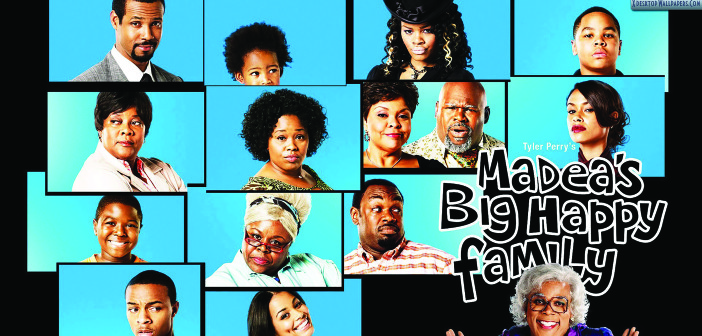“The Wire” is arguably the greatest television show ever made, and the critical acclaim of it was in spite of its majority black cast. This begs the question: why is success for a television show with a majority black cast such a rarity, especially today?
There are several hundreds of television channels available, but barely a handful of shows with a majority black cast. And please, let’s just exclude Tyler Perry and his cheap programming.
Most of the shows that I see on television with a majority black cast are re-runs from old shows such as “My Wife and Kids,” “The Fresh Prince of Bel-Air,” “The Cosby Show” and a few others.
Many look at Shonda Rhimes as a good sign for the future. Rhimes is one of the very few black show-runners in television, but none of her shows consist of a majority black cast. Two of Rhimes’ three shows on ABC are led by black women: “Scandal” and “How to Get Away with Murder,” which is progress, but those are just two shows.
One of my all-time favorite TV shows is “Chappelle’s Show,” a sketch comedy show starring comedian Dave Chappelle. “Chappelle’s Show” was very successful for its two seasons, ranking the highest DVD sales for a TV series of all-times, although many of Chappelle’s sketches were about race.
Chappelle, while being interviewed by Oprah Winfrey, said he quit his show because his sketches were “socially irresponsible.” He was uncomfortable with continuing to make such content after coming to the realization of “how many people watch the show and how the way people use television is subjective.” Chappelle recounted a moment when he was taping a sketch on racial stereotypes and he first experienced a laugh that he was “uncomfortable with” because he felt a particular white person on the set was laughing at him and not with him. Chappelle continued by saying, “I don’t want black people to be disappointed in me.”
Chappelle took a powerful stance in his concern with black people’s disappointment in him. That is why many blacks are critical of Tyler Perry. Although I understood the satire in Chappelle’s work and the message behind it all, I can see how it could be misconstrued. Blacks have been portrayed in a certain way for years by the white entertainment industry, and the black community would like to hope when a black person is running their own show that those stereotypical portrayals would at least be absent in that show.
Watch a Tyler Perry movie or television show and you will see the “Mammy,” the “Sambo,” and other stereotypes that could be seen in the minstrel shows of the 19th century.
There are a couple of new shows with all black casts that are somewhat intriguing: “Black-ish” and “Empire.”
“Empire” has the “angry black woman” stereotype in the character Cookie, but it is a show about a dysfunctional family in the music industry, based on “King Lear.” It is important to look at “Empire” as a soap-opera because, otherwise, the show is quite silly.
“Black-ish” is a very smart concept for a sitcom. It is based on a black family consisting of a bi-racial mother, who is a doctor, and a worrisome father, who is vice president of an advertising company. The father is worrisome because he fears that his children’s upbringing in the predominantly white suburbs may lessen their sense of black culture. This is very reminiscent of “The Cosby Show” because there have not been many representations of the black family on television in a long time
Bringing this all back to “The Wire,” what makes “The Wire” extraordinary is that, although there is a majority black cast and most of that cast portrays criminals, it is not a show about being black, making it easier for the general public to enjoy it.
“The Wire” is a show about how crime does not have a face; anyone is capable of committing crime. It touches on many of the struggles of blacks in the inner city, but in an innovative way that connects the blacks in the inner city with the most powerful people in Baltimore, and everyone in between.
There hasn’t been a show with so many blacks in its cast since “The Wire” – which ended 7 years ago.
Photo courtesy of XDesktopWallpapers.com

